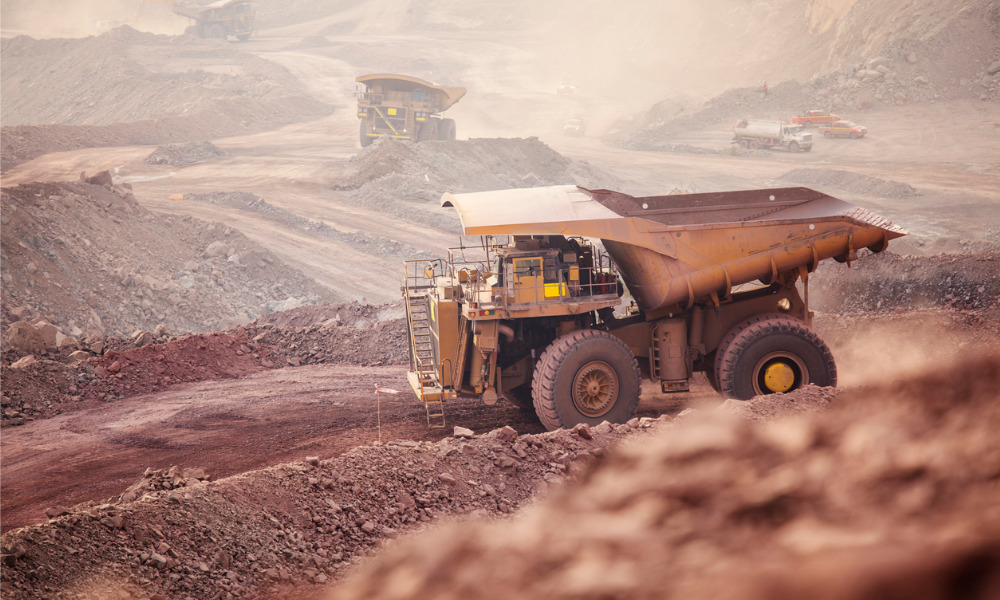
Local, regional, national groups urge B.C. government to update Mineral Tenure Act

Local, regional and national groups in the B.C. Mining Law Reform network have expressed their support for Gitxaala Nation’s challenge against the province’s colonial mining law before the Supreme Court of British Columbia and have called for legislative reform.
The action filed against the B.C. government, called the “first-of-its kind” in the province, aims to overturn numerous mineral claims that B.C. granted between 2018 and 2020 on Banks Island in Gitxaała territory without Gitxaała Nation’s consent and without consultation or notice. The action contended that mining claim laws are unconstitutional and inconsistent with the province’s 2019 Declaration on the Rights of Indigenous Peoples Act.
“For more than a century, mining claims have taken undue priority over private landowner rights, municipal land use plans, and the right of Indigenous peoples,” said Calvin Sandborn, senior counsel at the Environmental Law Centre, in a news release from the B.C. Mining Law Reform network. “For years, environmentalists and First Nations have called on the government to bring B.C.’s gold rush era mining laws into the 21st century.”
This legal challenge, if it succeeds, can potentially spur long-awaited reform in the province, Sandborn added.
Nikki Skuce, director of Northern Confluence and co-chairperson of the network, lamented that B.C. has not prioritized updating the Mineral Tenure Act even though it has claimed that reconciliation with Indigenous peoples is a top concern. Skuce said that Gitxaała Nation’s situation is not an isolated incident, Skuce added.
Read next: The basics of BC's Mining laws
“Most mining conflicts in recent years can be traced to the 19th century ‘free entry’ mineral staking system,” said Skuce in the news release. “Under this system, anyone can acquire a mining claim without being required to inform, consult, or obtain the consent of affected surface rights holders, including First Nations, property owners, municipalities, and other land users.”
“B.C. remains one of the last main mining jurisdictions in Canada to modernize its mining laws to keep pace with today’s legal obligations and societal expectations,” said Ugo Lapointe of MiningWatch Canada, a member of the network. According to Lapointe, Ontario, Quebec and the Northwest Territories have recently modernized their mineral tenure laws, while Yukon is presently going through reform efforts.
The news release cited a poll, conducted in 2020, in which 84 per cent of British Columbians surveyed approved of requiring mining companies to acquire permission from private landowners, municipalities and First Nations before they can do business on their lands, while 81 per cent of British Columbians responded that the B.C. government should modernize land-use plans with communities and First Nations so that water quality and fish habitats are protected, before the province goes about leasing land for mining.
The network’s report, released earlier this year, identified Banks Island Gold on Gitxaała territory as one of B.C.’s “Dirty Dozen” mines.